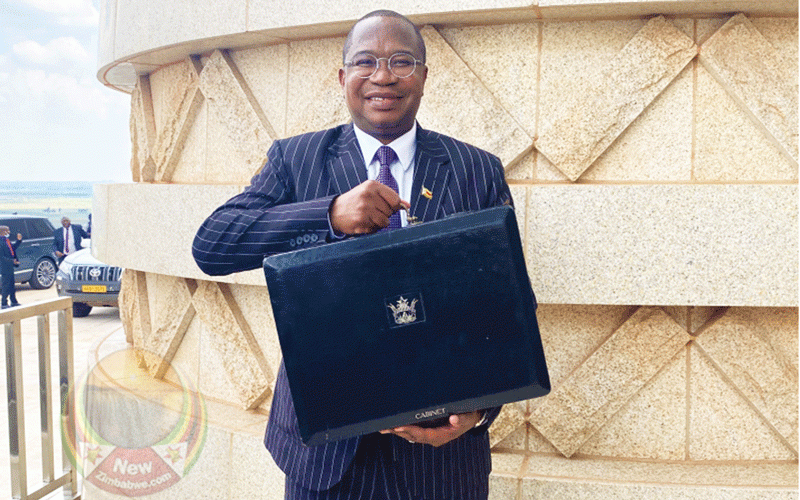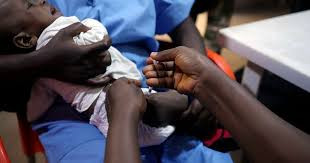
The third edition of the Legatum Prosperity Index, published in October, ranks 104 countries (covering 90% of the world’s population), based on a definition of prosperity that combines economic growth together with measures of happiness and quality of life. Thanks to strong communities and democratic institutions, South Africa is the highest ranked sub-Saharan African nation, placed 51st, closely followed by Botswana at 56th. The majority of African countries rank in the bottom 15 with the Central African Republic, Sudan and Zimbabwe ranked dead last at 101st, 103rd, and 104th respectively.“The Legatum Prosperity Index is the world’s only global assessment of wealth and wellbeing,” said Dr William Inboden, senior vice president of the Legatum Institute. “The lowest ranking African countries show a clear link between a lack of effective government structures, high levels of internal conflict, and a lack of personal freedom, all of which contribute towards low levels of prosperity,” he continued. “However, for African countries pursuing greater prosperity, there are clear and positive signals in success stories such as South Africa and Botswana which demonstrated considerable economic growth over the last few years as well as improved governmental structure, and the promotion of civil liberties — the building blocks for prosperity,” concluded Inboden.Finland tops the index, followed by Switzerland, Sweden, and Denmark; the US is 9th and the United Kingdom is 12th. The low rankings of sub-Saharan African countries such as Kenya, Nigeria and Zimbabwe can be linked to a combination of poor governance, dire health conditions and low levels of internal security. In Botswana, improved governmental structure and the promotion of civil liberties are key to the countries good ranking, with 84% of citizens confident in the fairness of the judicial system, and 91% believing that the country’s political elections are honest. However, the very low health rank, attributed to the deep impact of the Aids epidemic on the country, pulls it down. Zimbabwe ranked inside the bottom three in five separate areas: economic fundamentals, health, safety and security, governance, and personal freedom. Mali and Nigeria rank within the top 16 countries globally for social capital. In fact, most sub-Saharan African countries rank inside the top third globally in this area thanks to the high degree of religiosity in Africa, where African countries take six of the top 10 places. All but two sub-Saharan African countries rank within the bottom 25% of the rankings for entrepreneurship and innovation. Mozambique ranks lowest globally for education. The Central African Republic ranks lowest globally for both entrepreneurship and innovation and health. Zimbabwe ranks lowest globally for economic fundamentals and governance. Both Botswana and Ghana are in the top third globally for levels of personal freedom. Mali is the safest and securest sub-Saharan African country ranking 43rd in this area while Sudan is the least secure sub-Saharan African country ranking 103rd globally. Six of the 11 lowest ranking countries for safety and security are sub-Saharan African.The index identified nine key factors that drive economic growth and personal wellbeing, which are foundations of prosperity. Each of these nine factors is represented in a sub-index and a country’s final prosperity index ranking is generated by averaging its scores across all nine sub-indexes, equally weighted. The 2009 Legatum Prosperity Index is based on statistical analysis of more than 40 years of data for more than 100 countries worldwide, produced and supervised by the Legatum Institute, with input from the research consultancy Oxford Analytica and a panel of respected academic advisors in the fields of economics, history, development, sociology, and political science.The prosperity index accounts for 905 of the world’s population, using a combination of objective data and subjective responses to surveys. This data comprises 79 different variables, and each is then distilled into one of the nine different sub-indexes identified as a foundation of prosperity. A country’s performance in each sub-index is given a score, and the overall Prosperity Index rankings are produced by averaging the equally-weighted scores of the 9 sub-indexes for each country. Those countries that perform well across each sub-index score highest in the overall rankings.The nine foundations of prosperity that define successful nations include:lEconomic Fundamentals — a growing, sound economy that provides opportunities for wealth creation;lEntrepreneurship and innovation — an environment friendly to new enterprises and the commercialisation of new ideas; lEducation — an accessible, high-quality educational system that fosters human development;lDemocratic institutions — transparent and accountable governing institutions that promote economic growth;lGovernance — an honest and effective government that preserves order and encourages productive citizenship;lHealth — the physical well being of the populace;lPersonal Freedom — the degree to which individuals can choose the course of their lives;lSecurity — a safe environment in which people can pursue opportunity; andlSocial capital trustworthiness in relationships and strong communities.The Legatum Institute is an independent policy, advocacy and advisory organisation. The institute’s mission is to research and promote the principles that drive the creation of global prosperity and the expansion of human liberty and wellbeing. — Reuters.











